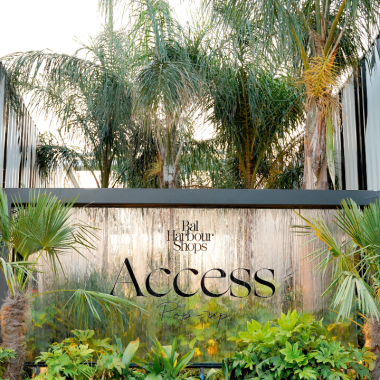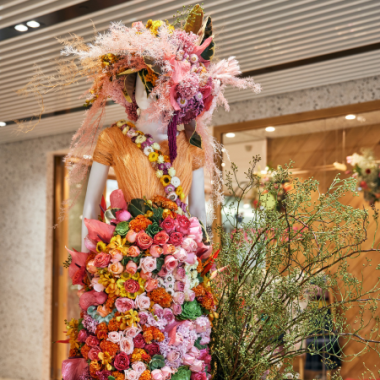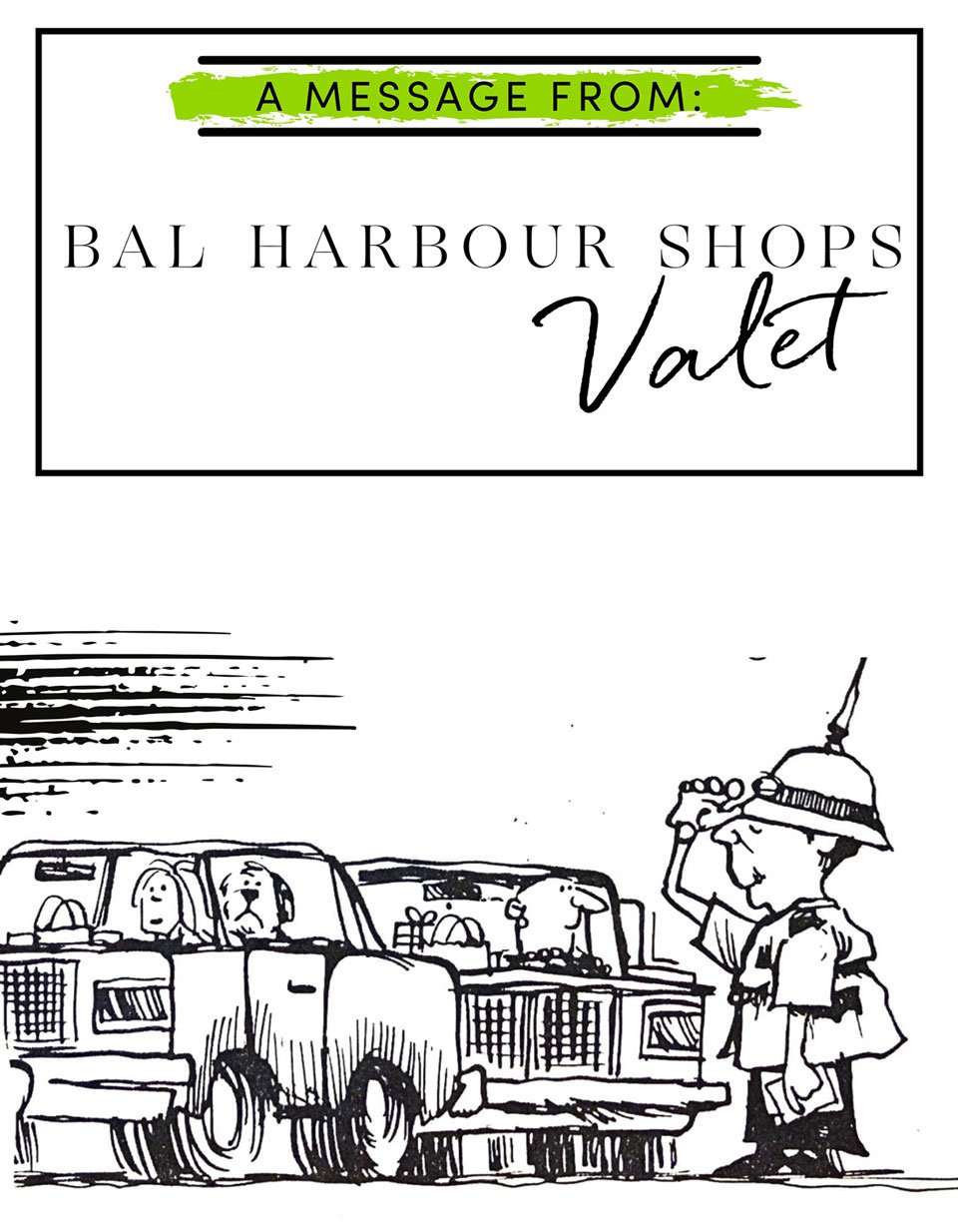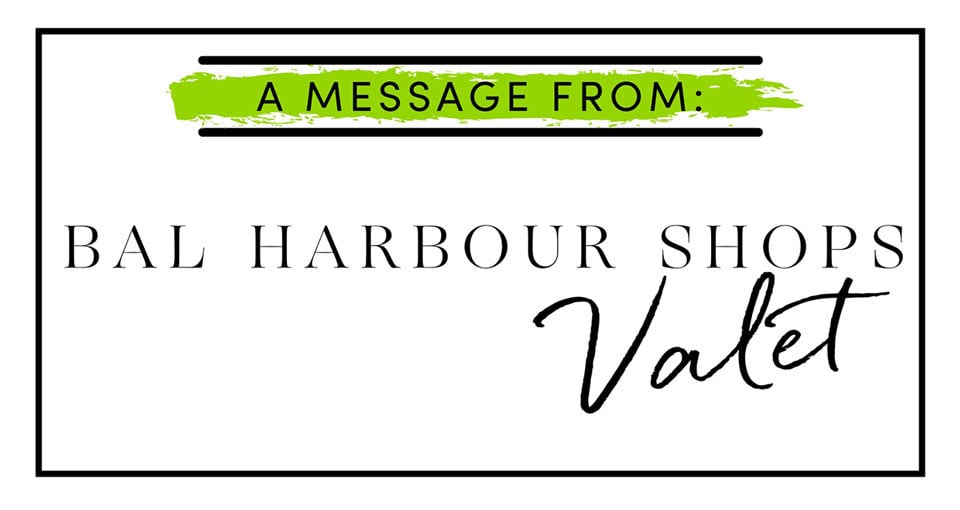By Tali Minor
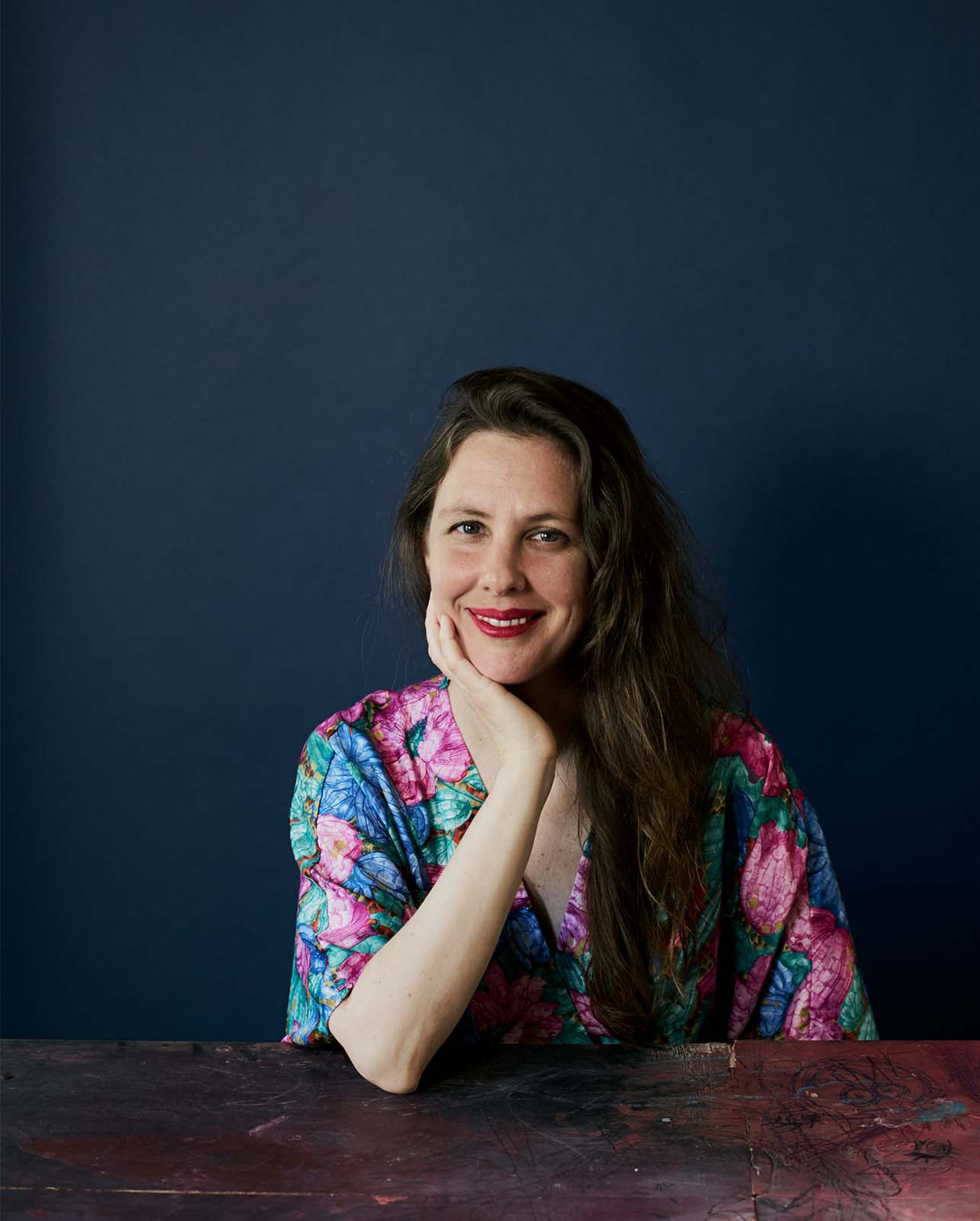
Mina Stone’s latest book, Lemon, Love & Olive Oil, is available now at Books & Books. Photo by Flora Hanitijo.
On September 30th Chef Mina Stone celebrates her new book, Lemon, Love & Olive Oil, with a virtual event at Books & Books where she’ll be in conversation with artist Dara Friedman. Stone, who is a fixture in the art world, is known for serving up Greek-influenced meals at artist studios and galleries—as well as at her eponymous café at New York’s MoMA PS1. Here, artist Urs Fischer (a longtime patron and friend of Stone’s) talks with the chef about food, friendship and family.
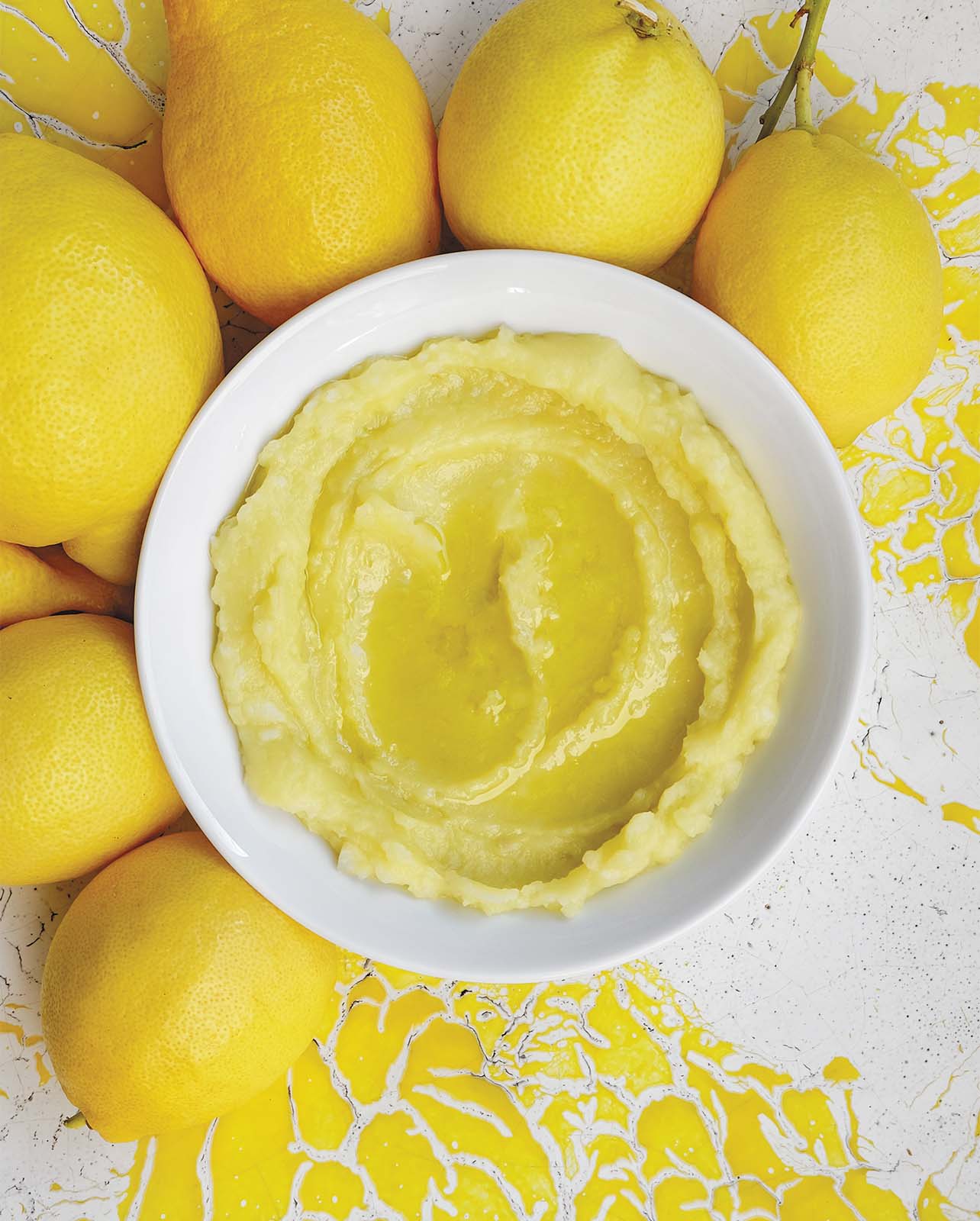
Skordalia (Greek potato and garlic sauce).
Urs Fischer: Do you remember when your palate changed and your curiosity for food started?
Mina Stone: I remember loving certain simple dishes when I was a kid. My mom says that I was a picky eater. When I see what my 14-year-old stepdaughter eats, I ask myself: “Wow, did I eat like this? Takeout, deli sandwiches, chips?” Yes, that’s exactly what I ate in high school—a bunch of garbage.
There was a moment when food changed for me. I, too, was 14, and my friend and I visited her aunt in Spain. I remember thinking, “I never knew food could be this good,” which is weird because in Greece, I had a lot of great food. But there was this woman who would make gazpacho, tortillas and these big Spanish spreads, and every bar we went to would serve snacks. I remember they would have plain yogurt with a spoonful of plain white sugar in it for dessert. She would also make her own granola. It was all really simple but it was the first time I thought, “this is amazing.” The gazpacho recipe in my cookbook is from that experience.
Fischer: I’ve watched you cook for many years and you really want to get it right every time. The times you don’t, it’s easy to tell that you’re not happy. That always made me think of a musician, how that one wrong note hurts. I guess that is because you understand what’s possible, and so you look for ways to make it happen. One of the ingredients in food is the synergy between the people who eat and the people who prepare the food.
Stone: Absolutely. If cooking is not working as a collaboration, at least to some degree, something gets lost. It never really works for me when somebody asks, “Cook this please—we want it to be like this.” I just don’t think I’m good at it.
Fischer: The kitchen is a kind of the altar, the heart of any house. You’re the master of ceremonies, making it come alive. Do you ever think while you prepare a dish that it will reach the taste buds of many people, almost simultaneously, in a collective experience?
Stone: Yes, that is the part of life in which we can have a very common experience, yet that experience that we all share is also deeply personal.
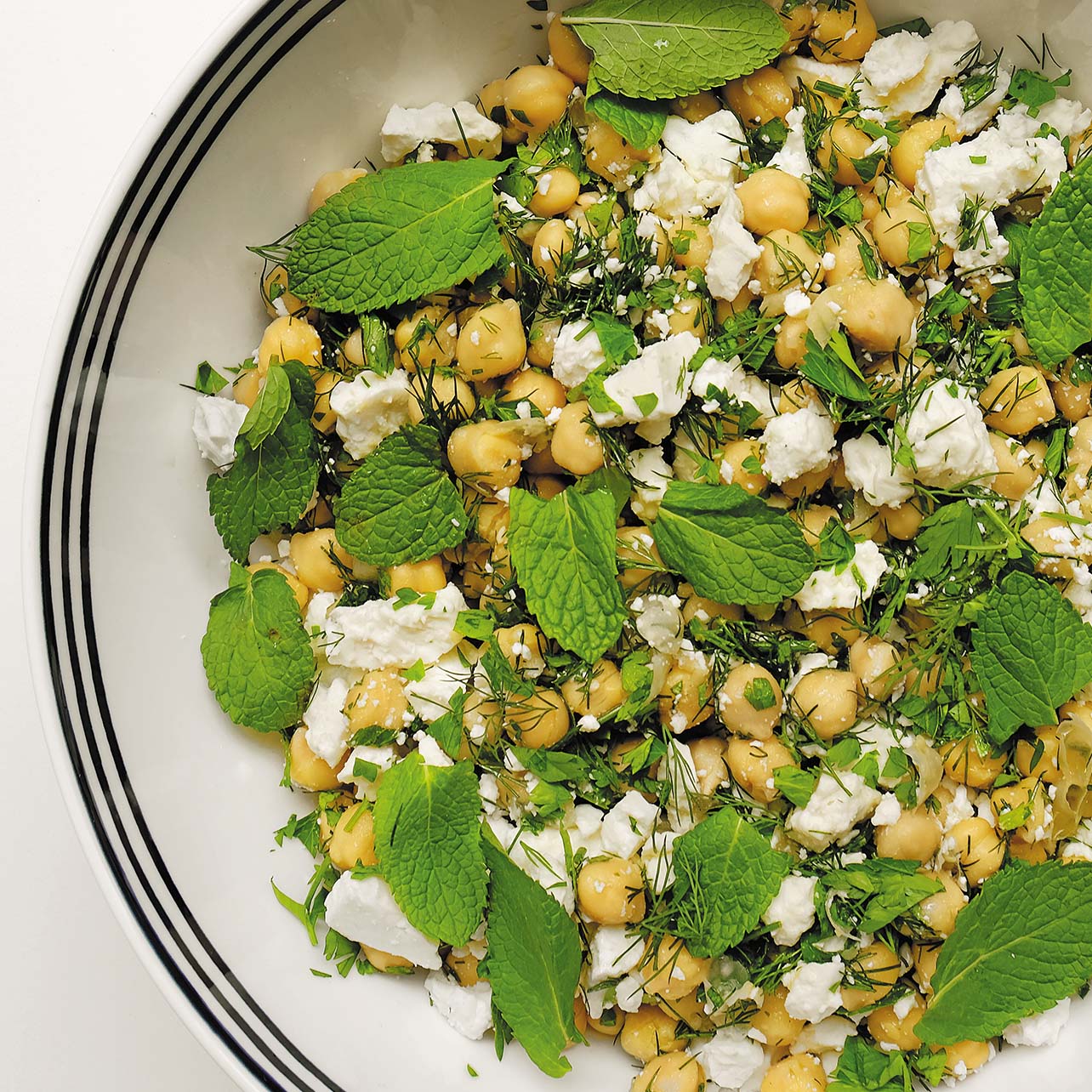
Chickpea salad with feta and herbs.
Fischer: There are an infinite number of cookbooks being released, about every type of food, restaurant and local cuisine. If the first recipe I make from a new cookbook turns out well, then that book is my friend. The power of a great cookbook is that it allows me to make something I never thought I could. I feel your last book did that for a lot of people. That’s a real achievement. I learned a lot from you when it comes to allowing yourself time. What is most impressive is that you never seem stressed when you work. I cannot say that about a lot of people when they cook; the closer they come to finishing, the more stressed they get. Your steps seem premeditated and I never saw you losing your order. Are you aware of that?
Stone: I am now, though I think in the past I wasn’t aware of it. It relates back to the very beginning, when I first cooked dinner at Gavin Brown. When you’re cooking for a large crowd, there is no way you’ll be able to get five dishes out that are all hot, especially when you’re working with just two burners. That’s how I developed a way where some things are uncooked and you can assemble them ahead of time. That was the only way I was going to really be able to feed everybody at the same time. I also think that the vibe is important. I often feel that at a dinner party, the person who’s cooking is really stressed out. I always remember about my grandma that she would get up at six o’clock in the morning and make all the food. Then, when we would sit down to lunch, she would be very present, not stressed, and making the finishing touches on the few things that were time sensitive.
Fischer: What role does temperature play in your cooking?
Stone: I think lukewarm food is better because you can taste the flavors. When you’re eating something very hot, you’re tasting the heat and not all the flavors have had time to settle.
Fischer: You taught me that temperature is an ingredient. When you cook for a smaller group, and you’re invited to the table, how does it feel to watch people eat what you cook?
Stone: I hate it. I wish I could say I loved it, but I get a little nervous every time. It’s my personal moment of judgment. I worked hard on something and I want the people eating it to like it. In this moment you can see if they like it. You can tell.
Fischer: One thing that always strikes me is the harmony between all the elements in your meals—the emotional, the communal, the temperature and the nutritional aspects. Then there’s your choice of ingredients—the textures, colors, flavors and smells. All of these things become one experience in your food. It’s like eating with all my senses and my entire body. I’ve witnessed a lot of happy people leaving your meals.
Stone: I think that’s the highest compliment, because a meal is something that starts and ends pretty quickly. The fact that you can carry a feeling after that, one that’s positive and lasts for the rest of the day, is a lovely thought.
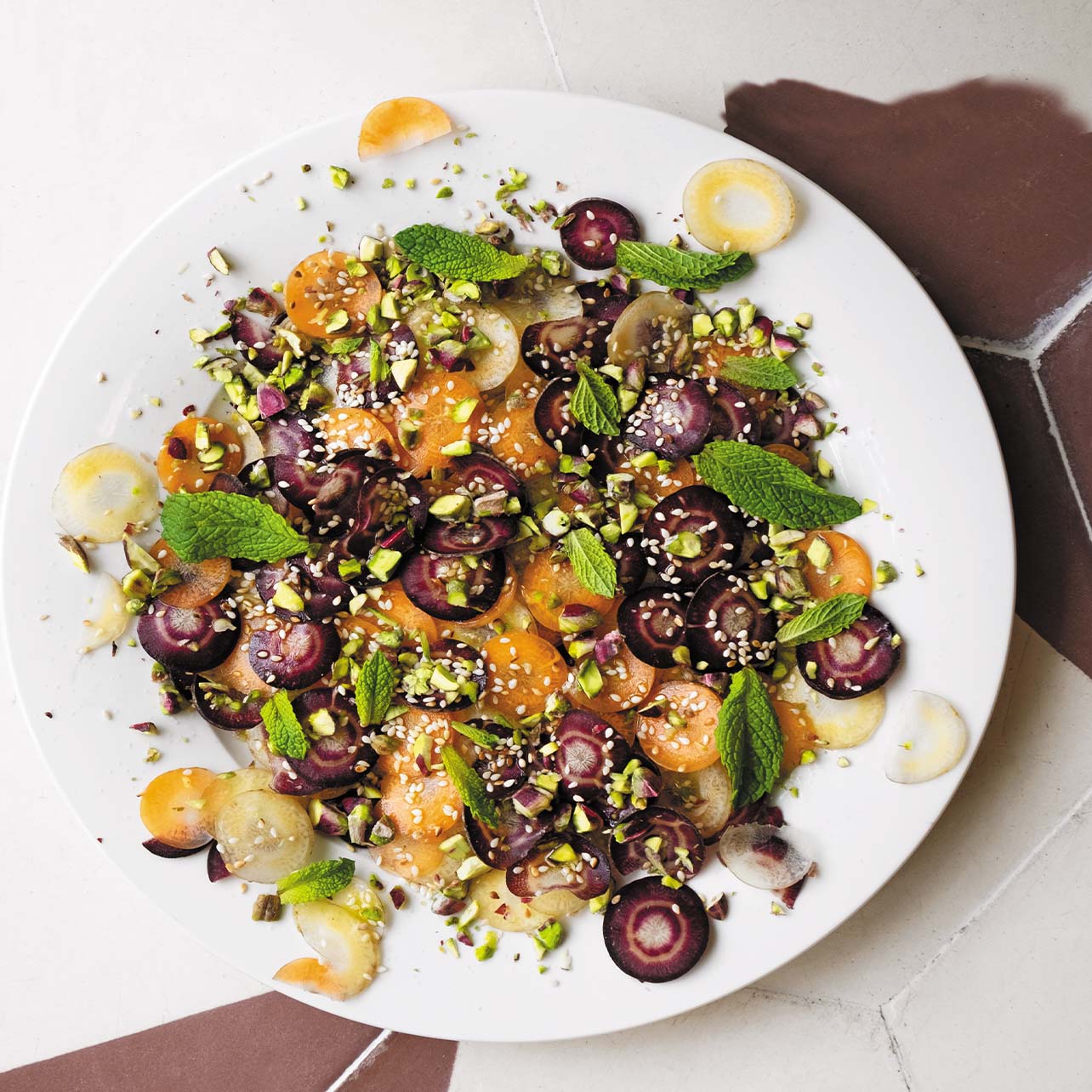
Carrot salad with toasted seeds and nuts.
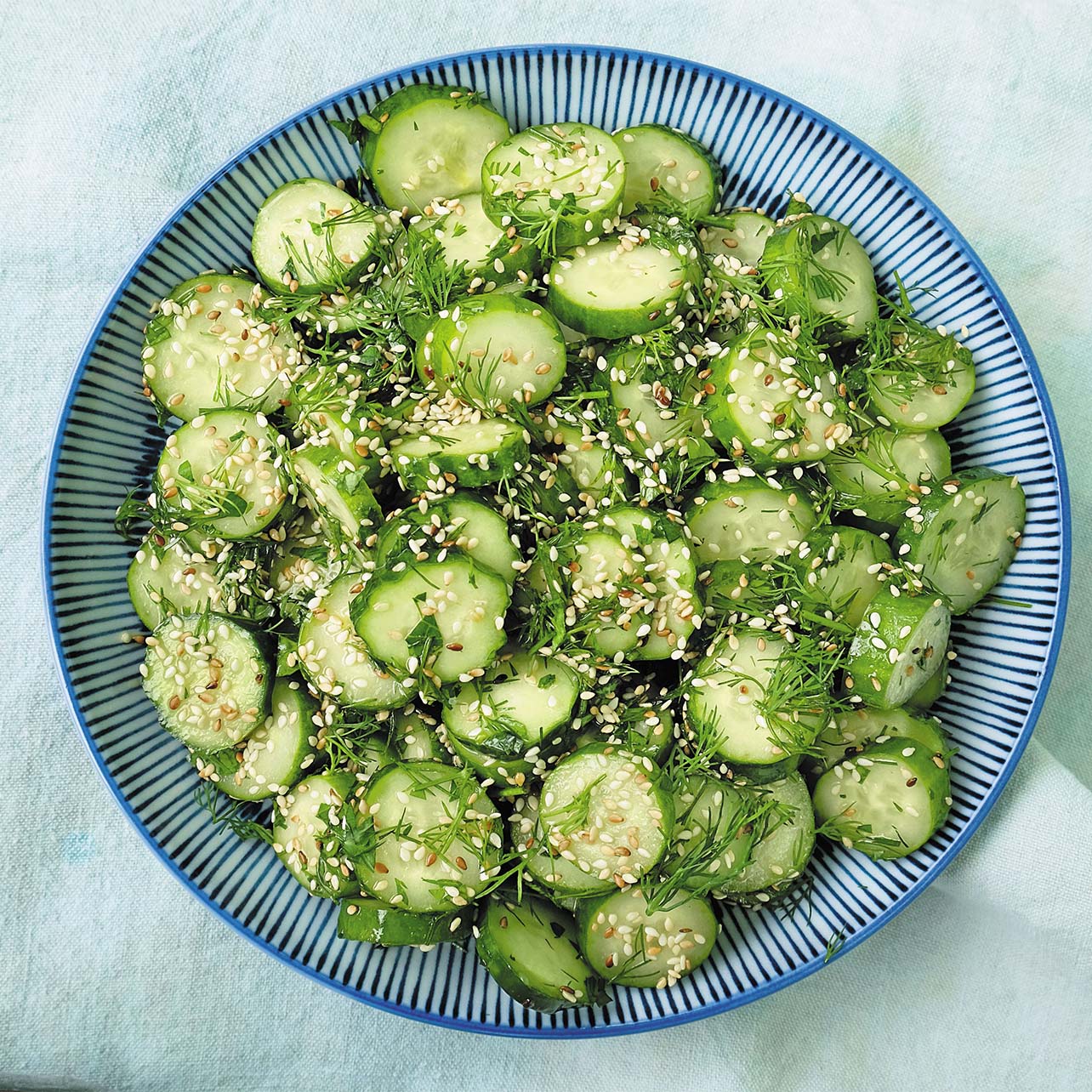
Cucumber salad with toasted sesame seeds, dill and parsley.
Photos by Cassandra Macleod from the book Lemon, Love & Olive Oil by Mina Stone. © 2021 by Asimina Stone. Published by Harper Wave, an imprint of HarperCollins Publishers. Reprinted by permission.


